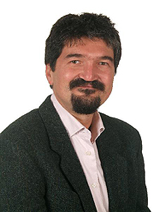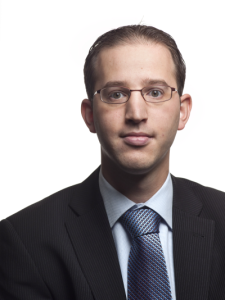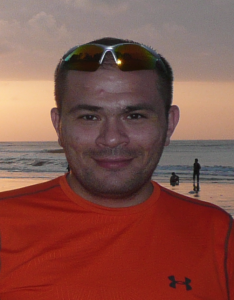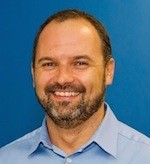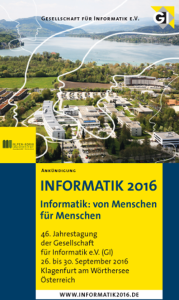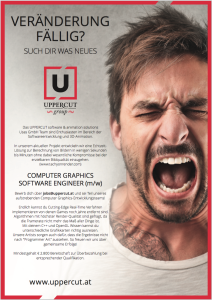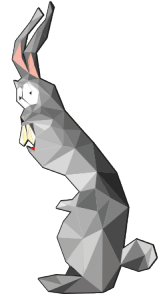Bernhard Rinner | May 10, 2016 | 18:00 | Seeparkhotel (co-located with mmsys2016.itec.aau.at)
Abstract: Smart cameras combine video sensing, processing, and communication on a single embedded platform. Networks of smart cameras are real-time distributed embedded systems that perform computer vision using multiple cameras. This new approach has emerged thanks to a confluence of simultaneous advances in four key disciplines: computer vision, image sensors, embedded computing, and sensor networks. Recently these networks have gained a lot of interest in research and industry; applications include surveillance, assisted living and smart environments. In this talk I will introduce some fundamentals of the emerging field of smart camera systems, present selected examples and discuss trends and challenges for future systems.
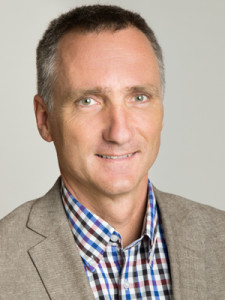 Bio: Bernhard Rinner is professor at the Alpen-Adria-Universität Klagenfurt, Austria where he is heading the Pervasive Computing group. He is deputy head of the Institute of Networked and Embedded Systems and served as vice dean of the Faculty of Technical Sciences from 2008-2011. Before joining Klagenfurt he was with Graz University of Technology and held research positions at the Department of Computer Sciences at the University of Texas at Austin in 1995 and 1998/99.
Bio: Bernhard Rinner is professor at the Alpen-Adria-Universität Klagenfurt, Austria where he is heading the Pervasive Computing group. He is deputy head of the Institute of Networked and Embedded Systems and served as vice dean of the Faculty of Technical Sciences from 2008-2011. Before joining Klagenfurt he was with Graz University of Technology and held research positions at the Department of Computer Sciences at the University of Texas at Austin in 1995 and 1998/99.
His current research interests include embedded computing, sensor networks and pervasive computing. Bernhard Rinner has been co-founder and general chair of the ACM/IEEE International Conference on Distributed Smart Cameras and has served as chief editor of a special issue on this topic in The Proceedings of the IEEE. Currently, he is Associate Editor for Ad Hoc Networks Journal and EURASIP Journal on Embedded Systems. Together with partners from four European universities, he has jointly initiated the Erasmus Mundus Joint Doctorate Program on Interactive and Cognitive Environments (ICE). He is member of IEE and IFIP and member of the board of the Austrian Science Fund.

